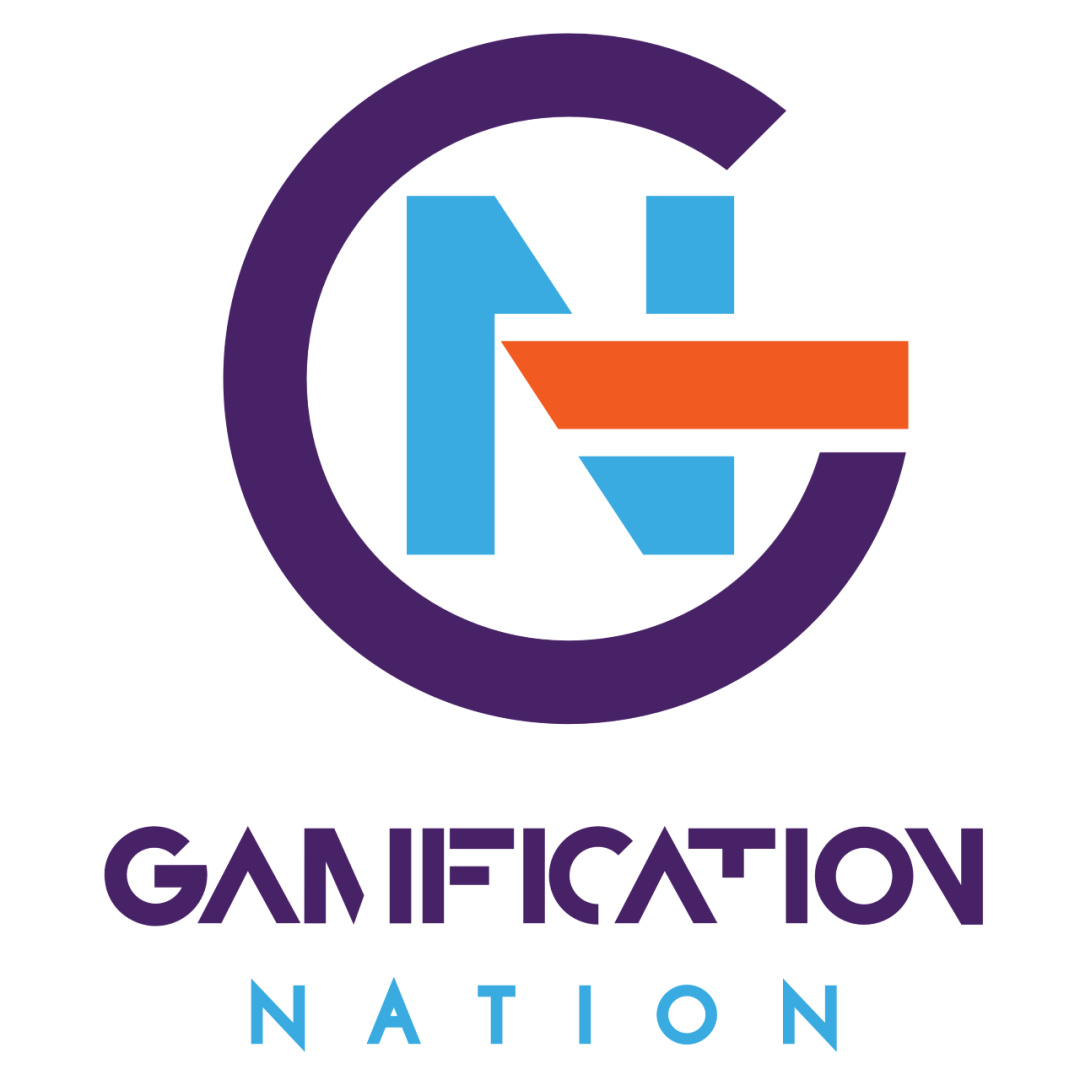Board games and card games in the world, in general, are going through a bit of a revival. We see it as a bit of a backlash against all things digital and maybe it is also somewhat encouraged by people who grew up playing games both digital and non-digital. In terms of use in companies as a tool for communication or learning, we also experience increased demand.
I would even go as far as saying that board and card games can be more effective than a digital tool for learning and communication when you require social engagement and learning by doing. Here are the key benefits I see for physical games in a workplace setting:
Social by default
The advantage of a board game is that it is social by default. Basically, you need to sit down around a table and play together with the other players. Even if they don’t know each other very well, the game will provide the common ground and in some ways an icebreaker to evolve. In contrast to most e-learning, the game is enhanced through conversation around the table and stimulates joint decision making.
Just think about the family get-togethers where board games featured. In our house it was Monopoly and I swear my sister rigged it so she had hotels on the most exclusive street each and every time. And the rest of us spent time in jail or going bankrupt. You probably can remember the banter and conversations from some of these nights.
A board game in some way is an enabler to spend fun time together and to create lasting memories. Adults learn best in context and learning is often social. When we are trying to make sense of something passing it by others is not an unusual strategy.
Safe to fail in public
In workplace learning losing face is not a desired experience for most of us. We are at the end of the day judged on our performance, so if in a live course or an online program are shown up to be the ‘one dummy’ that doesn’t get it the feeling of losing face comes up. In a board game setting, you will either have to collaborate to win or you will find that you have one winner and a whole bunch of losers. Whilst this is still a public experience, most of us can accept defeat without the negative connotation of losing face much better in this setting than an immediate judgement of our skill.
Because of the game setting, we tend not to attach the same significance to winning and losing. Yes, you may hear about your defeat or brag about your win for some time. But then there is always the re-match. If you have a potentially highly competitive spirit in your company, consider creating a collaborative game instead.
Retention of information
Learning is judged on retention of information and ultimately on the application into practice. Elearning often has been blamed for not delivering results, some live courses too. I think we can design all board games to suit specific learning outcomes (and e-learning too for that matter). Learning in a social setting enhances the chances of information sticking because we activate the contextual sense making most of use to give new information a place.
For a cybersecurity board game, we designed for an insurance organisation, the retention of information of specific potential scenarios increased which achieved the learning outcome of enabling the salespeople to talk with customers about cyber threats. The game was collaborative in nature and required for the team to work together to defeat cyber attacks. Prior to playing, the confidence of speaking about the threats of cyber with a customer was significantly lower than after playing the game and that was also with e-learning and training in the mix.
We enjoy working on all our projects but board games require regular playtesting and get us all together to make the product the best it can be. So if you want to please my team, please get in touch to help us create your board game.
Check out our upcoming board game mastermind as well!
https://gamificationnation.com/board-game-design-mastermind/




